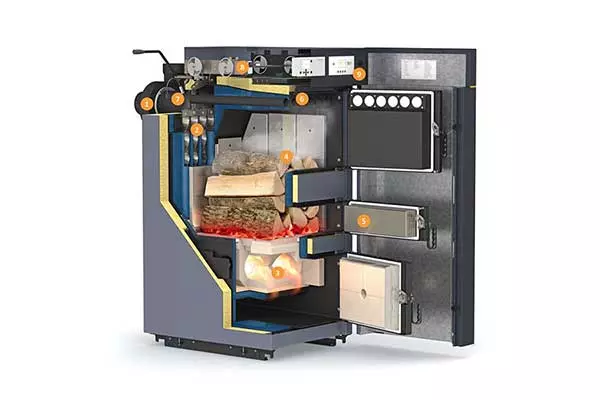
Beste Holzvergaserkessel zu verkaufen - Kaufratgeber
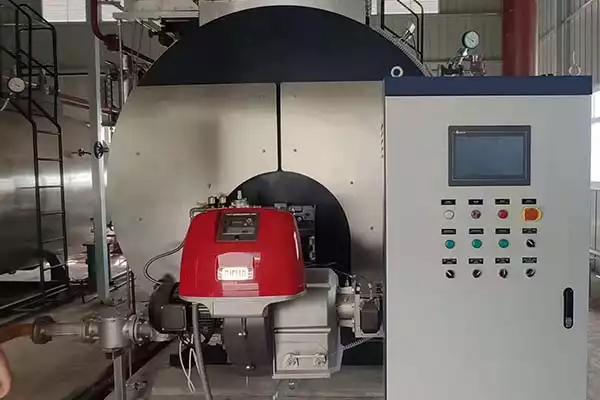
Industrieller Diesel-Dampfkessel zu verkaufen
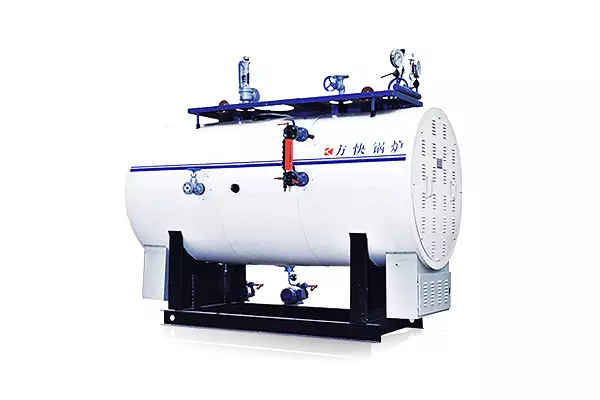
Effiziente und zuverlässige elektrische Dampfkessel
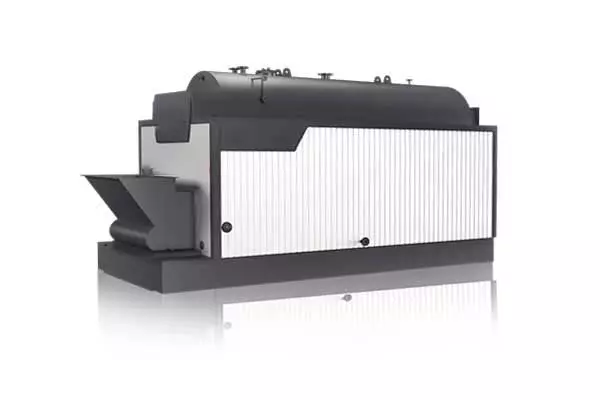
Hocheffiziente Biomasse-Dampfkessel
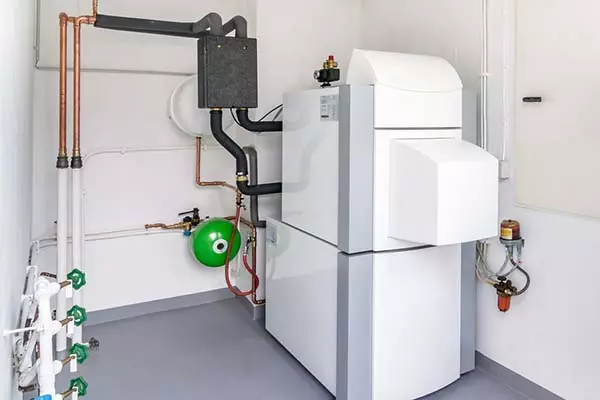
Öl-Kombikessel: Effizient, Zuverlässig, und kostengünstig
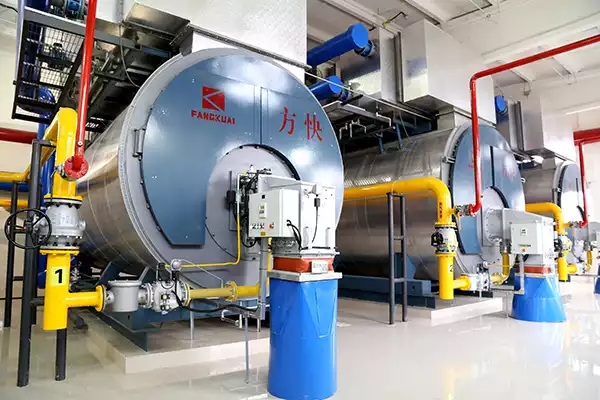
Diesel-Warmwasserkessel zu verkaufen
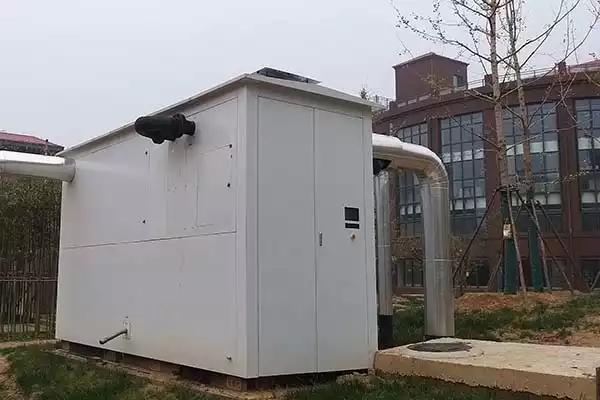
Gewerbliche Ölkessel: Merkmale, Vorteile, und Top-Marken
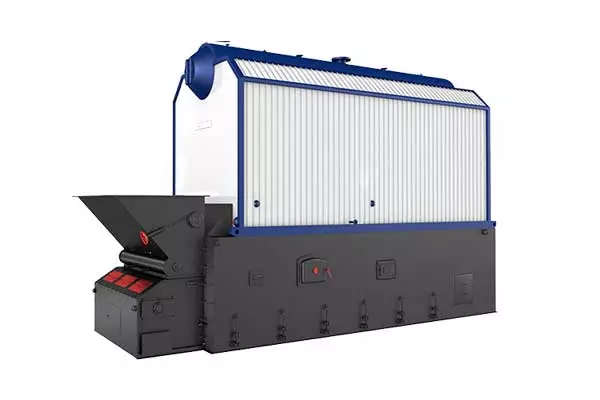
Hochwertige kohlebefeuerte Warmwasserkessel
Zhengzhou Fangkuai Boiler Sales Co., GmbH. ist eine Tochtergesellschaft der Fangkuai Boiler Company, mainly responsible for the domestic and foreign trade of Fangkuai Boiler.Fangkuai Headquarters Base has a single-building R&D center, ein voll funktionsfähiges Labor und zwei Fertigungsstätten Pflanzen, mit einer Produktionsfläche von 120.000 Quadratmetern. Es ist das führende Unternehmen in China mit Verarbeitungskapazitäten für die Kesselautomatisierung, und seine Produkte werden zu vielen exportiert Länder und Regionen.


vSehen Sie sich die Bewertungen unserer Kunden an
"Der Kundenservice bei Fangkuai ist erstklassig. Sie halfen mir bei der Auswahl des perfekten Kessels für meine Bedürfnisse und boten während des gesamten Prozesses großartige Unterstützung. Der Installationsprozess verlief auch sehr reibungslos und der Kessel hat meine Erwartungen übertroffen. Es ist sehr einfach zu bedienen und zu warten, und die Energieeffizienz ist bemerkenswert. Ich kann die Produkte von Fangkuai jedem wärmstens empfehlen, der zuverlässige und effiziente Heizlösungen benötigt."
Juan
Mexiko"Die Dampferzeuger von Fangkuai sind ausgezeichnet. Sie sind sehr einfach zu bedienen und erfordern nur minimale Wartung. Auch der Kundenservice bei Fangkuai ist außergewöhnlich. Sie sind sehr reaktionsschnell und immer bereit zu helfen. Bemerkenswert ist auch die Energieeffizienz der Dampferzeuger, was mir geholfen hat, Geld bei meinen Energierechnungen zu sparen. Ich kann die Dampfgeneratoren von Fangkuai sehr empfehlen."
Maria
Spanien"Der Dampfkessel von Fangkuai ist perfekt für meinen Lebensmittelverarbeitungsbetrieb. Es erfüllt alle unsere Anforderungen und ist sehr zuverlässig. Die Qualität der Materialien und die Konstruktion des Kessels sind außergewöhnlich. Außerdem ist es sehr einfach zu bedienen und zu warten, Das hat uns geholfen, Zeit und Geld bei der Wartung zu sparen. Ich kann die Dampfkessel von Fangkuai jedem wärmstens empfehlen, der zuverlässige Heizlösungen benötigt."
Json
Brasilien"Der Dampfgenerator von Fangkuai ist perfekt für mein kleines Unternehmen. Es ist sehr einfach zu bedienen und erfordert nur minimale Wartung. Es ist auch sehr energieeffizient, was mir geholfen hat, Geld bei meinen Energierechnungen zu sparen. Der Kundenservice bei Fangkuai ist ebenfalls ausgezeichnet. Sie sind sehr reaktionsschnell und immer bereit zu helfen. Ich kann die Dampfgeneratoren von Fangkuai sehr empfehlen."
Ahmed
Ägypten"Ich habe für meine Fabrik einen Fangkuai-Dampfkessel gekauft, der seit Monaten einwandfrei funktioniert. Die Qualität der Materialien und die Konstruktion des Kessels sind beeindruckend. Es ist auch sehr energieeffizient, was uns geholfen hat, Geld bei unseren Energierechnungen zu sparen. Ich kann die Produkte von Fangkuai jedem wärmstens empfehlen, der zuverlässige und effiziente Heizlösungen benötigt."
John
USA"Wir verwenden den Fangkuai-Thermalölkessel seit Jahren für unsere Chemieanlage und er hat uns nie im Stich gelassen. Der Kessel ist sehr langlebig und hält rauen Bedingungen stand. Außerdem ist es sehr einfach zu bedienen und zu warten, Das hat uns geholfen, Zeit und Geld bei der Wartung zu sparen. Die Thermalölkessel von Fangkuai sind erstklassig und ich kann sie jedem wärmstens empfehlen, der zuverlässige Heizlösungen benötigt."
Chang
China"Der Kundenservice bei Fangkuai ist erstklassig. Sie halfen mir bei der Auswahl des perfekten Kessels für meine Bedürfnisse und boten während des gesamten Prozesses großartige Unterstützung. Der Installationsprozess verlief auch sehr reibungslos und der Kessel hat meine Erwartungen übertroffen. Es ist sehr einfach zu bedienen und zu warten, und die Energieeffizienz ist bemerkenswert. Ich kann die Produkte von Fangkuai jedem wärmstens empfehlen, der zuverlässige und effiziente Heizlösungen benötigt."
Juan
Mexiko"Die Dampferzeuger von Fangkuai sind ausgezeichnet. Sie sind sehr einfach zu bedienen und erfordern nur minimale Wartung. Auch der Kundenservice bei Fangkuai ist außergewöhnlich. Sie sind sehr reaktionsschnell und immer bereit zu helfen. Bemerkenswert ist auch die Energieeffizienz der Dampferzeuger, was mir geholfen hat, Geld bei meinen Energierechnungen zu sparen. Ich kann die Dampfgeneratoren von Fangkuai sehr empfehlen."
Maria
Spanien"Der Thermalölkessel von Fangkuai ist sehr einfach zu bedienen und zu warten. Es hat uns geholfen, Zeit und Geld bei der Wartung zu sparen, was zu erheblichen Kosteneinsparungen geführt hat. Die Qualität der Materialien und die Konstruktion des Kessels sind außergewöhnlich. Es ist auch sehr energieeffizient, was uns geholfen hat, Geld bei unseren Energierechnungen zu sparen. Ich kann den Thermalölkessel von Fangkuai sehr empfehlen ."
Allen
Brasilien